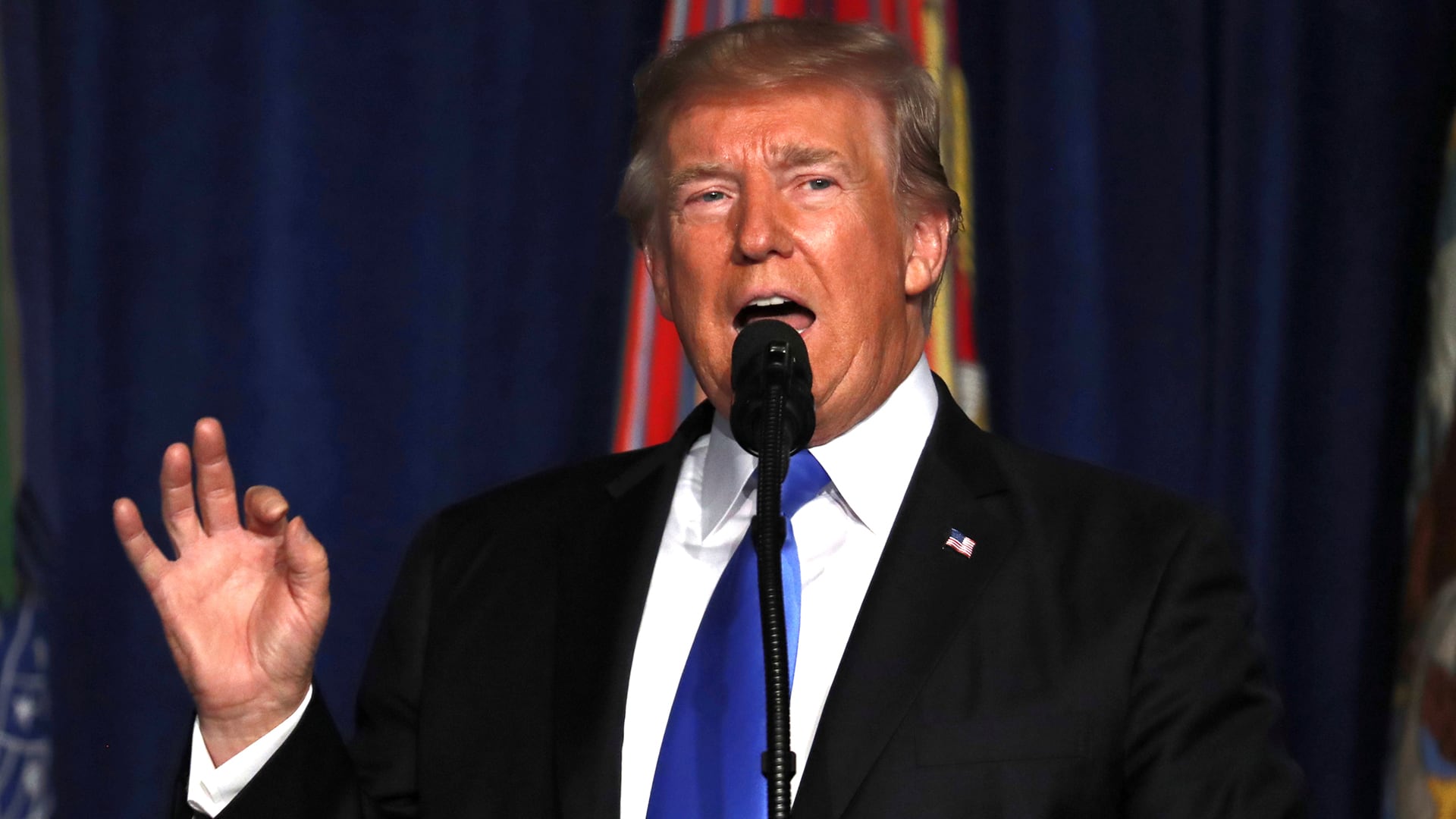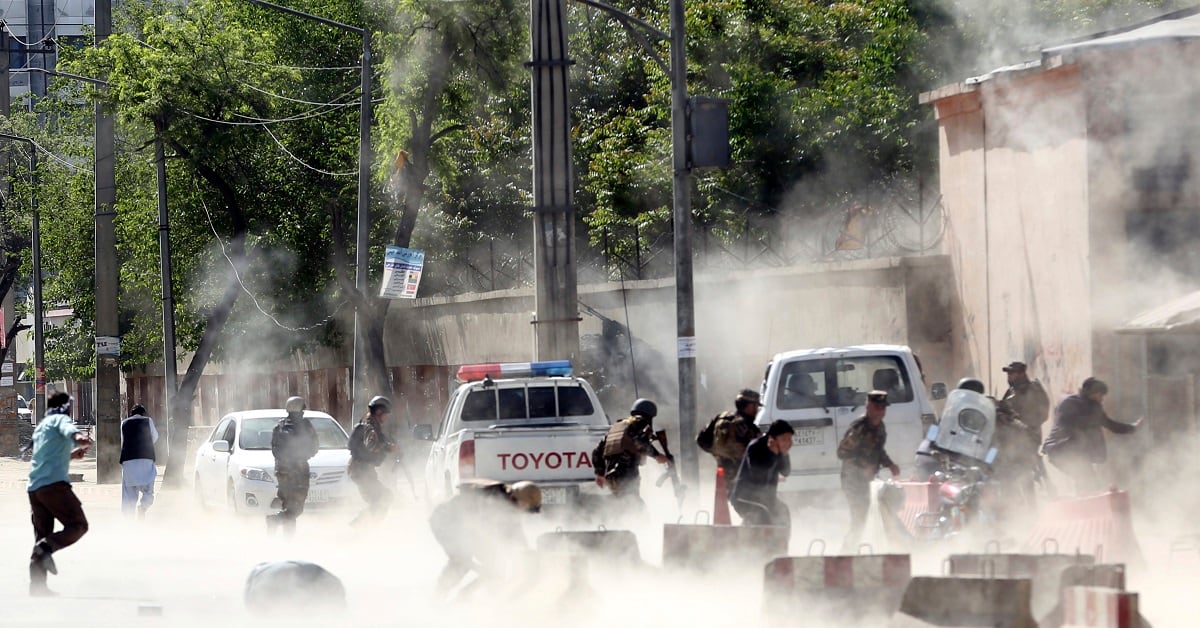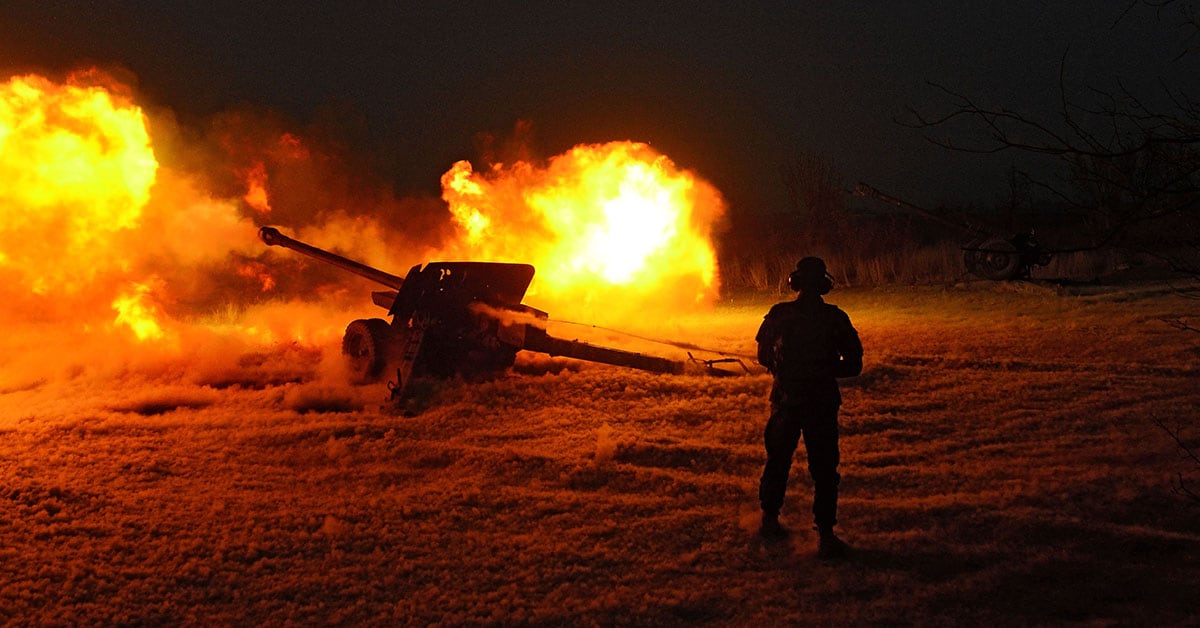WASHINGTON — The Trump administration’s revamped Afghanistan strategy has made little progress against the Taliban insurgency, leaving the country a “dangerous and volatile” place nearly 17 years after the U.S. invaded, a government watchdog report said Monday.
The conclusion contrasts with assertions last fall by the American military that the Afghans, with U.S. support, had “turned the corner” and captured momentum against the Taliban, which it called fractured and desperate.
The report to Congress by inspectors general of the Pentagon, the State Department and the U.S. Agency for International Development also cast doubt on the administration’s decision to send a new set of military advisers this year to work with Afghan forces closer to the front lines. It said this, combined with stepped-up Afghan offensives, “further raises the risk of civilian casualties, insider attacks, U.S. casualties, and other conflict-related violence.”
RELATED

The U.S. has about 15,000 support troops in Afghanistan providing military assistance but not in direct combat roles.
Citing a series of deadly Taliban attacks, including last week in the western province of Farah, bordering Iran, the inspector general report released by the Pentagon said there are few signs of significant progress by Afghan forces.
“The Taliban continued to hold territory and launched devastating terrorist attacks in Kabul and across the country,” said Glenn Fine, the deputy Pentagon inspector general wrote in an introductory note to the report, which covered the three months ended March 31.

Asked about the report’s grim assessment, a Pentagon spokesman, Army Col. Rob Manning, said officials believe “chaos and progress can coexist” in Afghanistan. “That’s exactly what we feel is happening in Afghanistan,” he said.
Manning said the Afghan armed forces are making important strides. He cited as an example the support that the Afghan air force provided in an offensive undertaken in Farah province in recent days to defeat Taliban forces that had attacked the provincial capital and overrun several security checkpoints. Manning also said additional U.S. military advisory units had arrived in Farah to advise Afghan forces. He said the Afghan government is now in full control of Farah.
RELATED

The inspector generals’ report agreed that Afghan security forces are improving but found they have made minimal progress toward securing the population. It also said the number of Afghan fighting forces has continued to decline, raising concerns about their effectiveness. The number of active-duty Afghan troops stood at 313,728 at the end of January, it said, down from 331,708 a year earlier. The estimated actual number of troops is 11 percent below the target level of 352,000, a gap that reflects difficulties in keeping Afghan soldiers in uniform. The report said it also may reflect high Afghan casualty rates.
The Trump administration, in launching a new war strategy last August, said it was taking a regional approach to include Pakistan and making a bigger push to compel the Taliban to join peace talks. But Monday’s report said there was little publicly available evidence that the actions to increase pressure on the Taliban were having a significant impact.
“Militarily, the (Afghan security forces) and U.S. forces continued air strikes and ground operations, but did not gain a significant amount of territory,” the report said. “On the diplomatic front, despite suspending between $1.5 billion and $2 billion in planned security aid to Pakistan, that country did not take any significant action to eliminate terrorist safe havens.”
Further complicating the outlook, the U.S. has accused Iran and Russia of interfering in Afghanistan.
As further evidence of the volatile situation, the report noted that parliamentary elections scheduled for July have been postponed until October. It said this could make it difficult to hold the presidential election planned for 2019, and it questioned the extent to which balloting amid Taliban resistance will promote peace.
“Given that the Taliban views the Afghan government as a U.S. puppet, it is unclear how U.S.-supported elections would increase the legitimacy of the Afghan government in the eyes of the Taliban and would pressure the militants to reconcile,” the report said.




